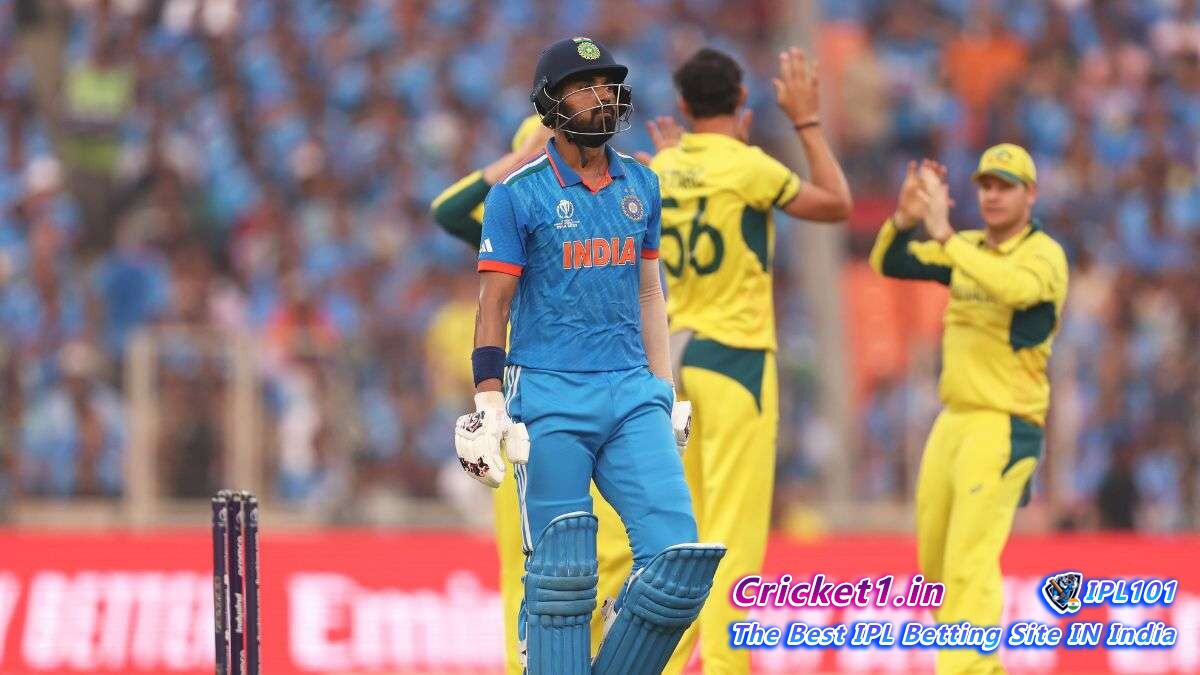
The echoes of the crowd’s dismay still resonate through the Narendra Modi Stadium as cricket enthusiasts and experts alike probe into India’s defeat in the Cricket World Cup 2023 final held on November 19. Former Pakistani cricket icon Wasim Akram has extended his expertise on India’s unexpected loss to Australia, who seized the championship in a match that left millions of Indian fans despondent.
Saturday, November 25, marked a painful week since the Indian cricket team grappled with the might of Australia. With an extraordinary run of victories, the host nation maintained a flawless record, claiming ten triumphs in as many matches, including an emphatic win against New Zealand in the semi-finals. Yet, the final was a different affair, as Australia showcased a masterclass in cricket to snatch the trophy with a superior all-round display.
The Indian playing eleven, facing the pressure of a monumental game, could only tally a total of 240 runs while at the crease. Key performances came from the bats of KL Rahul, Virat Kohli, and Shubman Gill, with each scoring half-centuries. KL Rahul, in particular, scored 66 runs off 107 balls, demonstrating a level-headed approach amid the intense atmosphere of the final. His innings was laced with both grit and patience but drew scrutiny for its perceived lack of aggression.
Rahul’s strategy, which some have labeled too defensive, has placed him in the line of fire for critics who view his approach as a contributing factor to India’s debacle. Adding to the woes was the lackluster show by Ravindra Jadeja and Suryakumar Yadav, which conspicuously reflected on the team’s scoreboard. However, Wasim Akram, in a conversation with Star Sports, rushed to Rahul’s defense. The cricket legend empathized with Rahul’s mentality, acknowledging the pressure of knowing that the batting lineup lacked depth past Jadeja’s position.
According to Akram, Rahul was encumbered with the task to bat stretch across the innings, believing any risk at an increased pace could jeopardize the team due to the thin batting reserves following Jadeja. He reasoned that if Hardik Pandya, a well-known hard-hitter, had been on the squad, Rahul could have taken more liberty with his shots. Akram also inferred that had Rahul taken a chance and lost his wicket, he would have faced criticism for irresponsible play.
The blame game aside, it’s worth mentioning that KL Rahul ended his World Cup campaign with impressive statistics. He amassed 452 runs across 10 innings, boasting an average of 75.33 and a strike rate of 90.76. His competency was unarguable in his rapid 62-ball century against the Netherlands, which stands as the fastest ODI century by an Indian in World Cup history, a record that can silence even the harshest of his critics.
The aftermath of India’s World Cup endgame still resonates with introspection and analysis. While fingers readily point towards perceived shortcomings, there is an acknowledgment of the intricate balance required in such high-pressure situations. Akram’s insights remind fans and pundits alike that cricket, especially at such levels, is a game of nuanced decisions and what-ifs, which can unfurl in myriad unpredictable ways. As the dust settles on the 2023 Cricket World Cup, the lasting lesson may be one of reflection and understanding the heavy burden that competitive sport places on its players.

